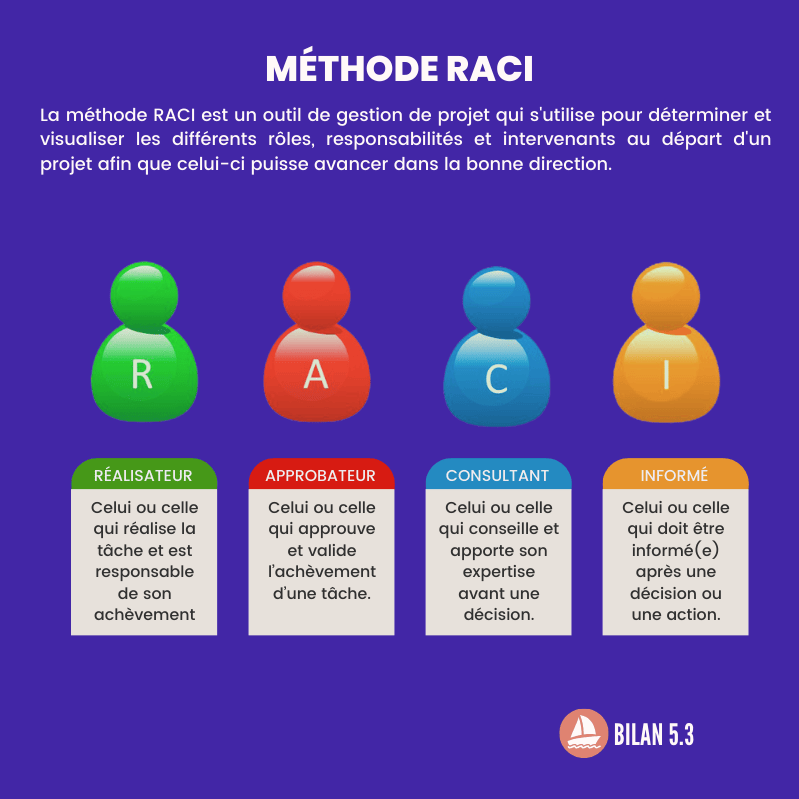Is school phobia on the rise?
All figures show a significant increase in the number of cases. At the Maison de Solenn, where we have developed real competence in the management of this disorder, the school phobia today represents more than 15% of consultation requests. While ten years ago, it mainly affected adolescents between the end of college and the start of high school, now it occurs from the start of college, even in CM2, and until the end of high school. Today 15 to 20% of adolescents are in psychological distress. And it is because school is such an important place in the life of a teenager that unhappiness is expressed there more and more often.
What forms can this disorder take?
We can distinguish knowledge-related phobias, which cause blockages and feelings of failure as soon as the child is faced with new learning. These adolescents overinvest their results, often because of the social and / or parental pressure, implicit, but very strong and precocious on academic success. And then there are the phobias that affect relationships with others. Teens are terrified by the social aspects of school, often because of small or large traumas they have experienced there. Phobias that are often easier to overcome, once they have been identified, than those more related to knowledge and which affect self-esteem.
Is the care improving?
Today, therapeutic teams, parents, teachers … know the concept of school phobia and know that it is not about lazy children or “dropouts”, who do not want to go to school, but children. who cannot! The problem is the lack of healthcare facilities. Not only is the wait long in child psychiatry services and adolescent centers, but requests for consultation arrive very late, when the troubles have already set in. However, it would be necessary to intervene at the first signs: changes in mood, behavior, disinterest in formerly popular activities, withdrawal into oneself, sleeping troubles, delays or unexplained absences. Or resorting to substances to overcome anxieties or to give oneself courage (tobacco, cannabis, alcohol, drugs…), because it is shameful to say: “I cannot go to school! “. This manifestation of suffering never happens overnight, simply the depression advances masked …
Is deschooling necessary?
At Maison de Solenn, we do not recommend complete deschooling or correspondence courses, as it is very difficult to go back. Rather, we establish an individualized reception project with the school, setting progressive objectives. This allows the child to go only in subjects where he is not in difficulty, the time to regain confidence, or to be accompanied by an educator from our team, for example. We can also consider a change of establishment. Our goal is to keep a link, however small, with the school so as not to desocialize it. Then, you have to give yourself time for treatment, even if it means losing one or two years of schooling. The main thing is to cure this suffering!
Useful information :
Where to consult?
– Public psychiatric care is sectored according to the place of residence. You just need to call a Medico-Psychological Center (CMP) or a child psychiatry service near you to be referred.
– On the website of the Phobie scolaire association, you will find all the CMPs, CMPP (Medico-psycho-pedagogical center), Adolescent homes and Youth reception and listening points (PAEJ):
school- phobia.wifeo.com
– All CMPs and specialized consultations in Paris on http://www.psycom75.org
















